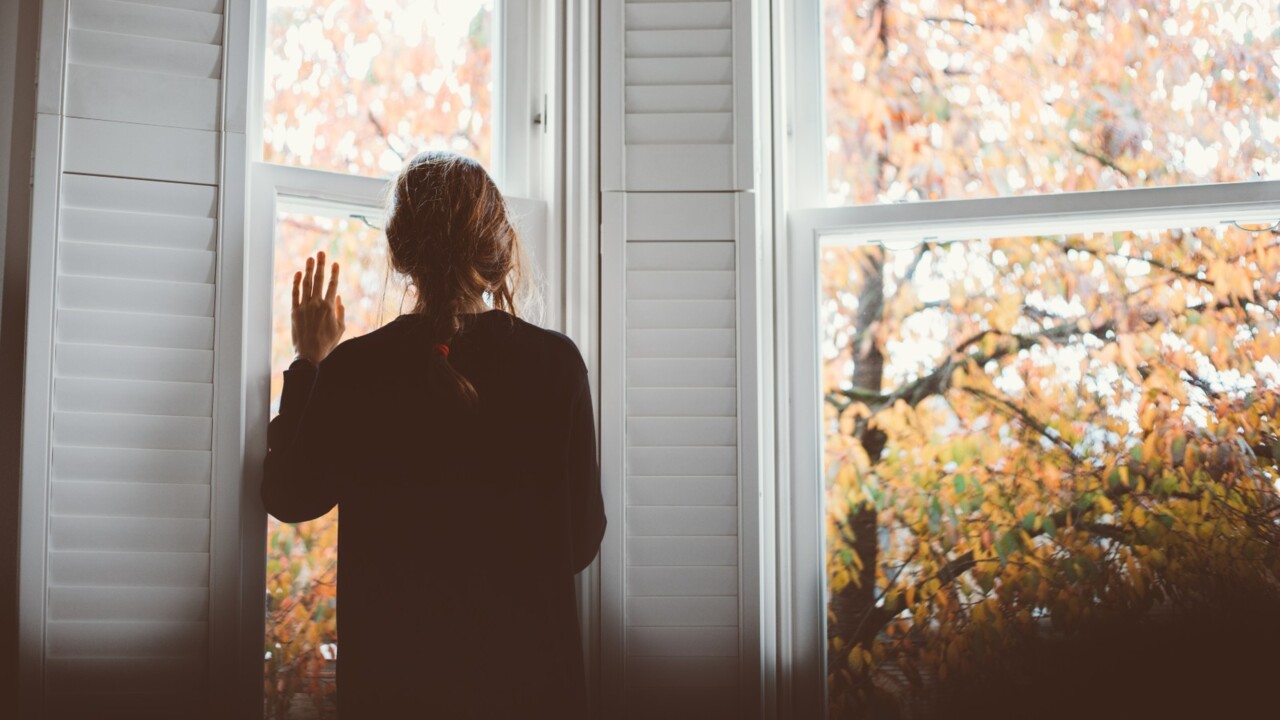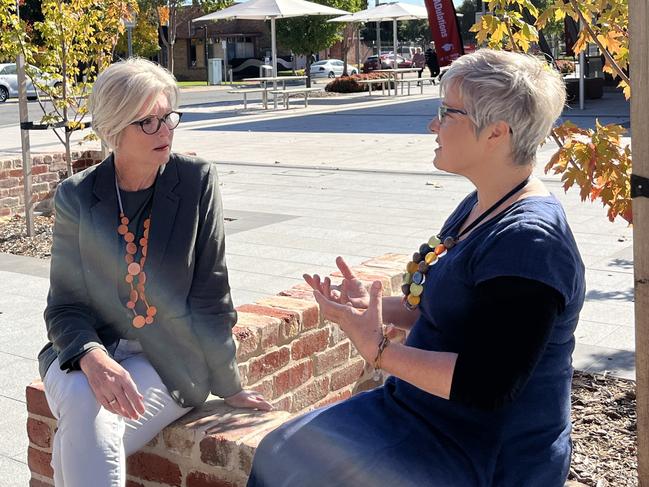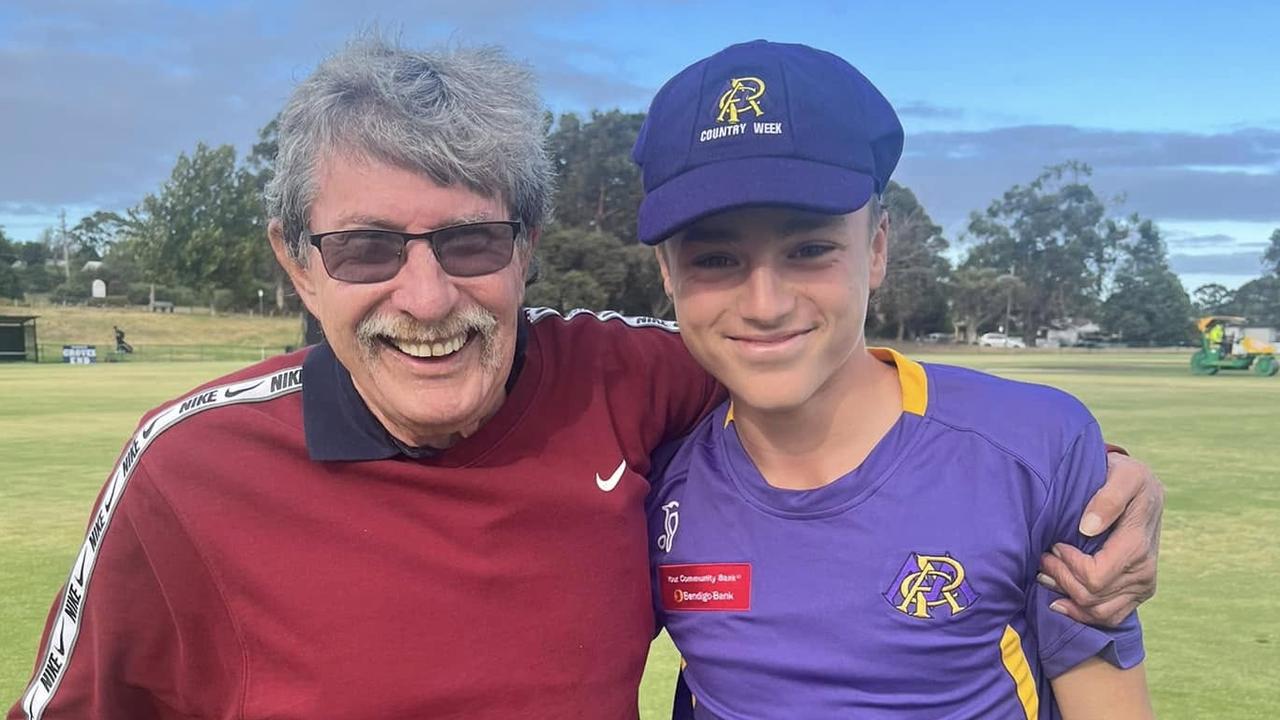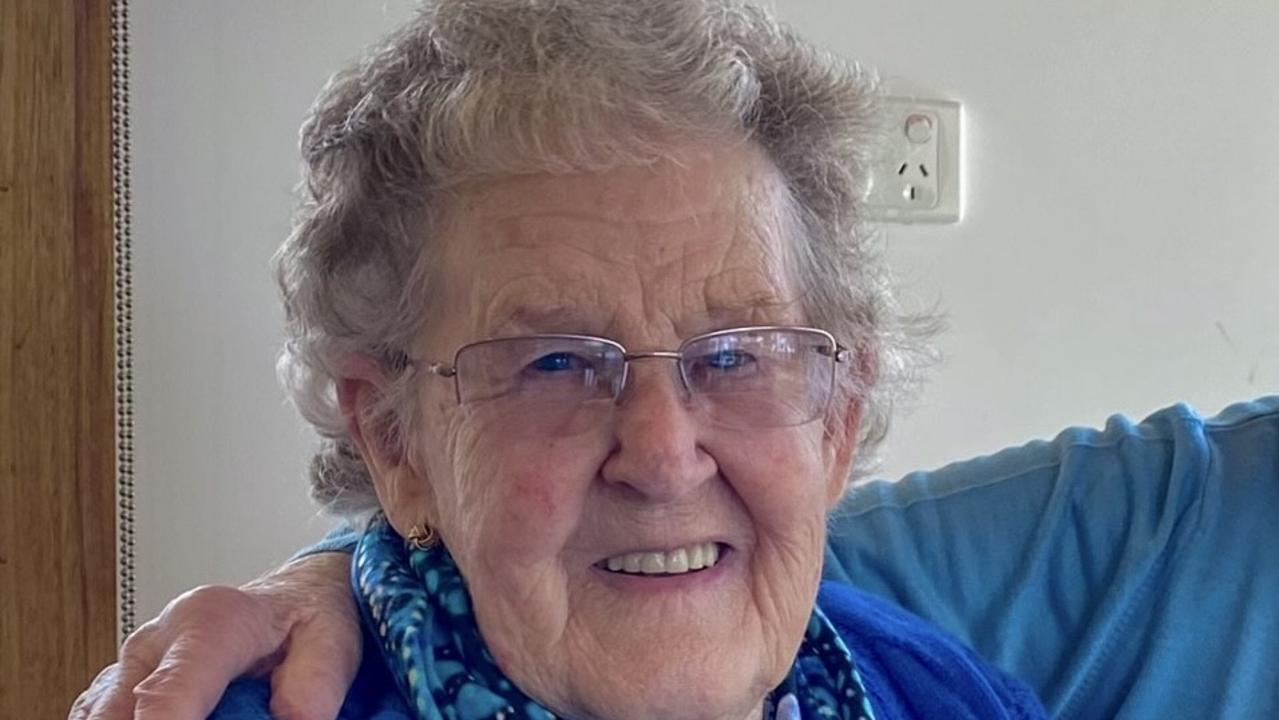Indi MP Helen Haines proposes eating disorder facility for Albury-Wodonga
Indi MP Helen Haines says an eating disorder recovery centre is needed in Wodonga after a psychologist was forced to turn away 43 patients last year.

Albury Wodonga
Don't miss out on the headlines from Albury Wodonga. Followed categories will be added to My News.
Indi MP Helen Haines says an eating disorder recovery centre is desperately needed in Wodonga after a psychologist was forced to turn away 43 patients last year.
Dr Haines has written to potential health ministers in the next federal government detailing her proposal for the border region.
It would include upskilling GPs and the broader medical workforce and a residential care centre for those with severe disorders.
Ms Haines said one psychologist told her she had to turn away more than 40 patients because she was “too overwhelmed”.
“I’ve heard heartbreaking stories from individuals themselves and their careers, and the frustrations and difficulties that health professionals experience,” Ms Haines said.
“One psychologist told me she had to turn away 43 patients with eating disorders last year because she was so overwhelmed.
“It’s heartbreaking for her and it’s devastating for those that are seeking care.”
Ms Haines has written to Health Minister Anne Ruston and Opposition Health Minister Mark Butler.

Kim Haebich, a psychologist with more than a decade experience treating eating disorders, said the closest facilities were in Geelong and Melbourne.
Many patients, she said, travelled to Wandi Nerida to receive the highest level of treatment, which she helped open in Queensland last year.
“What we are seeing now is a lack of consistent service across the primary tertiary private and non-government organisations,” Ms Haebich said.
“(People) are either waiting until they’re critically unwell to get into the public system, or it is trying to navigate the private sector, or they’re travelling for treatment, which is an incredible burden for families and individuals.
“It (travel) is often as barrier for people continuing with treatment.”
Ms Haebich said a facility in Wodonga was “absolutely necessary”.
“Even if you’re travelling away to Wandi Nerida, people have to come back to this area to a lack of support and appropriate treatment.
“So we are prolonging their recovery time.”
Ms Haines said the number of beds available would depend on the amount of funding received but she hoped the centre would help those formally diagnose the disorder.
“This is absolutely overdue. It will be live-changing,” she said.
“Eating disorders affect about four per cent of the population, but up to 20 per cent of women will experience an eating disorder in their life.”
La Trobe University Associate Professor Leah Brennan said the Covid restrictions had created a “perfect storm” for exacerbating the severity and prevalence of eating disorders.
Last year in Melbourne researchers assessed 457 admissions to the Royal Children’s Hospital Eating Disorder Service from 2017 to 2020.
They found the number of patients rose from about 100 a year from 2017 to 2019 to 161 in 2020 – a 63 per cent increase.
Natasha Kirk, from Wahgunyah who has recovered from an eating survivor, said she was forced to leave her children at home while she received treatment.
“Travelling for care and having to leave my children at home absolutely prolonged and exacerbated the immense and complex illness I was dealing with,” she said.
“Leaving my children to access further care was debilitating on every level.
“A local facility would reduce the physical, emotional, mental and financial cost to all involved and ultimately save lives.”




